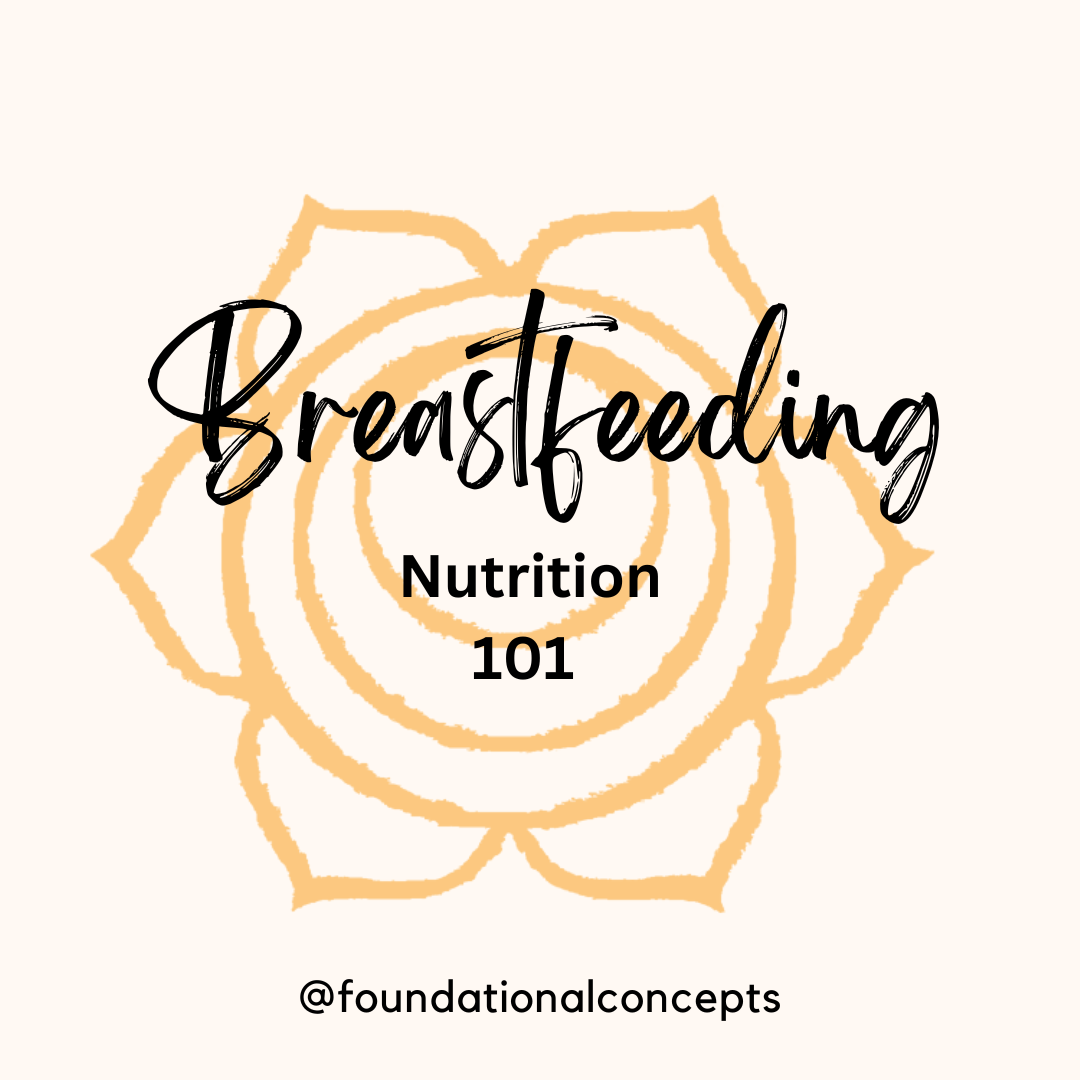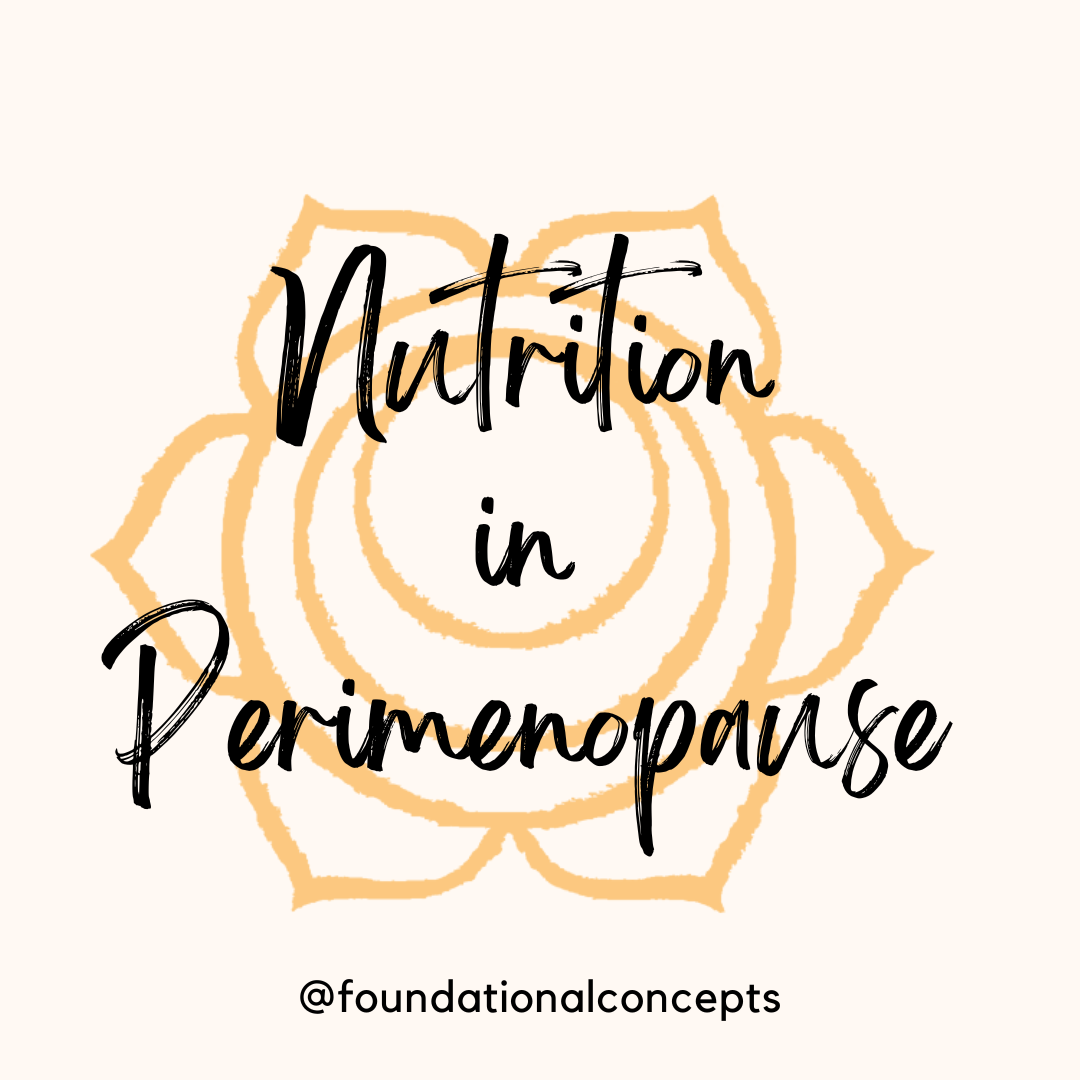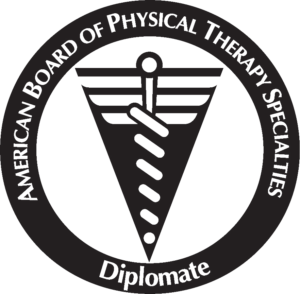Nutrition plays such an important role in our pregnancies and post-partum periods. Breastfeeding requires time…

Probiotics and Your Gut Health
Bacteria lives in your gut. While that thought may initially make you squirm, having the right bacteria is actually a good thing! You can find this good bacteria through the use of probiotics, either through cultured foods, supplements, or both. Probiotics can provide many health benefits. These include improved digestion and enhanced immune function. Better skin, decreased inflammation and improved depression and anxiety are a few more important benefits.
What are Probiotics?
A probiotic is a live microorganism, and when administered in adequate amounts it can have a health benefit on the host. Probiotics from cultured foods can found in yogurt, kefir, kombucha, cultured veggies and others. Different strains of probiotics have been found to help with different health conditions. It’s important to know which strain can help your exact health needs. While supplements are an “easy” way to ingest good bacteria, our bodies are designed to absorb nutrients from the foods we consume. Probiotics derived from our food are much more effective than taking pills.
When beginning to add cultured foods into your diet, do so slowly so you can monitor the effects. Probiotics may cause a Herxheimer Reaction, which is thought to occur when injured or dead bacteria release their toxins into the blood and tissues faster than the body can comfortably tolerate. This can cause a sudden exaggerated inflammatory response from the immune system which may include GI distress, stomachaches, headaches, skin rashes, diarrhea, constipation or flu-like symptoms. Not everyone has that type of response and it is usually short term, but adding in smaller portions until your body adjusts will help ease the transition.
Probiotics offer numerous health benefits and can easily be fit into your daily routine. Try some and see how they make you feel!
Michelle Webb, PT, DPT




